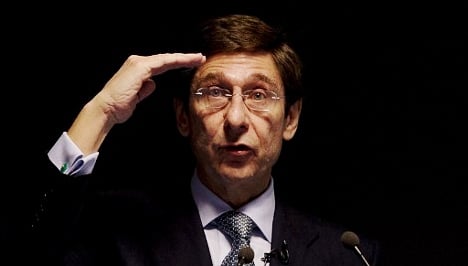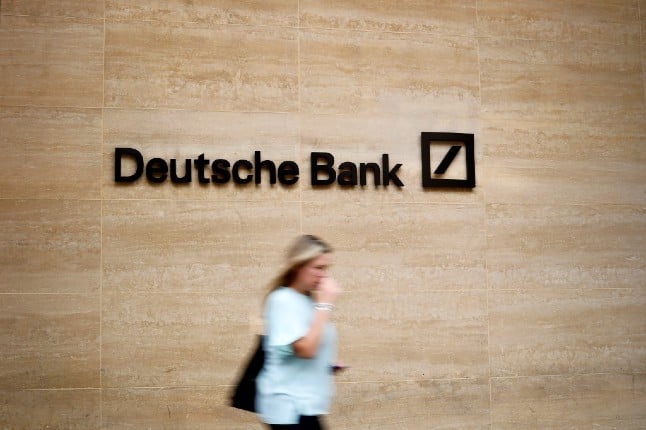Spain secured a loan of up to €100 billion from its eurozone partners last year to help rescue the banks, brought to their knees by a mountain of bad debt built up when the property bubble burst.
Under the programme Spain has received two payments to recapitalize lenders and fund a "bad bank" known as Sareb to absorb the soured property assets of bailed-out lenders.
"There is at present no reason to foresee further programme disbursements," the commission said in a review of the bank rescue programme.
"Two disbursements were made so far in a total amount of about €41.4 billion for the recapitalization of state aided banks and the capital injection into Sareb."
Other Spanish banks either found money from private sources, or they were not identified as needing extra capital when the authorities examined their books under various stressed scenarios, it said.
The European Commission cautioned that a "robust and credible" business plan was needed for Sareb, which is expected to eventually take on €55 billion in problem loans and assets.
In exchange for the European rescue loan, Spain agreed to clear up its financial sector.
The International Monetary Fund said on Tuesday Spain was close to completing the agreed measures and urged it to continue with its reforms of banking supervision.
"The clean-up of undercapitalized banks has reached an advanced stage, and key reforms of Spain's financial sector framework have been either adopted or designed," it said in a report.
"The bulk of all of the measures for the entire programme have now been completed."
At the same time, Madrid is struggling to curb its budget shortfall in line with European Union agreements and the latest report suggested Brussels could again give Spain more time to meet its commitments.
Spanish Prime Minister Mariano Rajoy's conservative government has vowed to lower the public deficit to 4.5 percent of gross domestic product this year and down to 2.8 percent in 2014.
Spain managed to reduce the public deficit to 6.74 percent of economic output in 2012, down from 9.4 percent in the previous year, but still wide of a European Union-agreed target of 6.3 percent.
The European Commission predicts Spain's deficit will hit 6.7 percent of economic output in 2013 and 7.2 percent in 2014, well above agreed targets.
Brussels has already extended the deadline for Spain to bring its deficit under an EU limit of three percent of economic output by one year to 2014.
In its latest report the European Commission hinted it could show even more flexibility. While Spain's public deficit in 2012 fell further than many expected, meeting the 2014 limit "appears very challenging" and a revision "cannot be excluded", it said.
Almost half of the banking rescue loans from Brussels — €18 billion — went to one lender, the BFA-Bankia group, which was nationalized last year to rescue it from a mountain of bad loans.
Bankia's chairman José Ignacio Goirigolzarri was optimistic about the outlook, however.
"I would like to see real value in Bankia from 2014, 2015 and for the privatization process to begin," Goirigolzarri said at a conference organized by Spain's Europa Press news agency.
Bankia reported a loss of €19.1 billion in 2012 but said it hoped to start turning a profit in 2013, targeting a net profit of €1.2 billion in 2015.



 Please whitelist us to continue reading.
Please whitelist us to continue reading.
Member comments